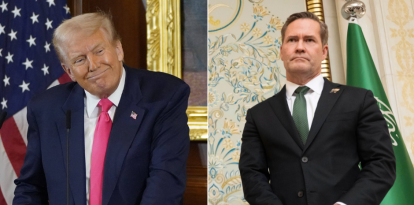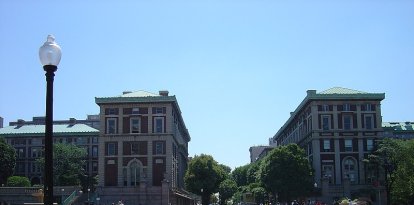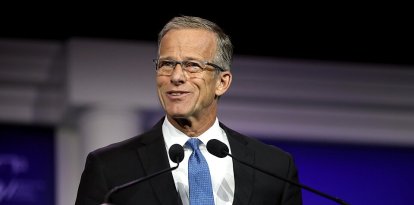An American Library
Some book recommendations for the 4th of july.
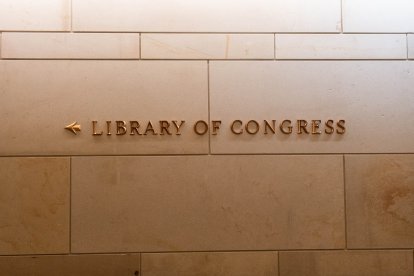
(Unsplash)
Here are some readings that are especially appropriate for Independence Day.
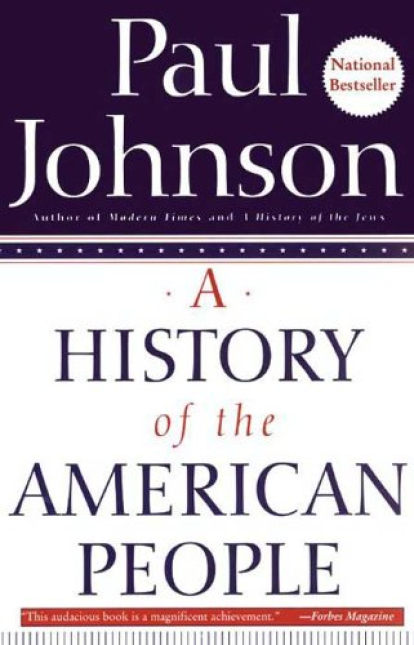
PaulJohnsonAHistoryOfAmericanPeople
Paul Johnson: A history of the American People. Harper Collins, New York, 2009
"The creation of the United States is the greatest of human adventures. There is no other national history that holds such important lessons for Americans and for the rest of humanity." These words are a good sample of the spirit in which the British Paul Johnson, one of the great historians of the 20th and 21st centuries, has written this history of the United States.
The book is a "labor of love", as the author confesses. The country's experience is treated with critical admiration, and draws a faithful portrait of the country. Although he is British, Paul Johnson proves to know the American mentality very well. The whole book is remarkable, but the author works most confidently in the 20th century. Particularly valuable is the chapter he devotes to a poorly known era: the years leading up to the Great Depression.
It is highly recommended reading, but is absolutely necessary if the reader has turned to the pages of
A People's History of the United States written by former KGB agent Howard Zinn.
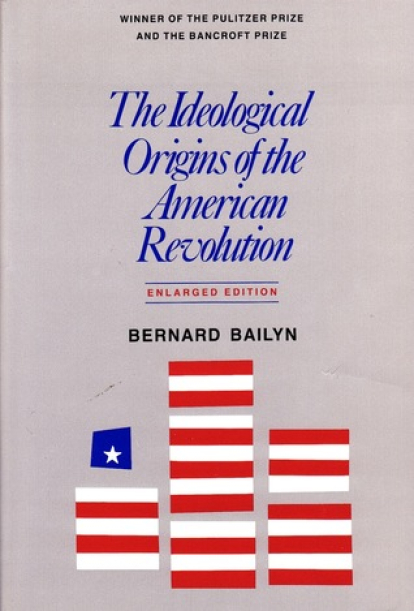
TheIdeologicalOriginsOfAmericanRevolution
Bernard Baylin:The Ideological Origins of the American Revolution. Harvard University Press, Cambridge, 1992
"The United States. This is a unique case, in which the name of a country tells a part of its history; the fundamental, founding part. They are a group of colonies that become independent from the metropolis, constitute themselves into states and unite. The United States, indeed.
That union was made in the form of a confederation, and later with the current federal constitution. What were the ideas that animated the rebellion? Which are those that led to the drafting of the Constitution most identified with the ideal of freedom?
Many have been dedicated to explaining it, but probably none has surpassed Bernard Baylin. This book won the Pulitzer Prize and the Bancroft Prize. It has the advantage that the exposition of ideas is very systematic. An alternative work is
The Radicalism of American Revolution,
by Gordon S. Wood (Vintage, New York, 1993).
 Larry Schweikart and Michael Allen: A Patriot's History of the United States. Sentinel, New York, 2007
Larry Schweikart and Michael Allen: A Patriot's History of the United States. Sentinel, New York, 2007
This work reconstructs the country's hiThe work reconstructs the history of the country with a very clear ideological vision: defense of the American republic and democracy, of the market economy, of the rule of law and of Protestantism.
The authors make this clear in their opening pages, and reading the rest of the book does not disappoint in this regard. None of this detracts from the value of this book, which is rich in information and rich in subtle and well-considered historical judgments.
In addition, Schweikart and Allen offer aspects of the country's history that have not been highlighted by many other authors, but are important.
 Alberto Benegas Lynch (H): United States vs. Unión Editorial, Madrid, 2013
Alberto Benegas Lynch (H): United States vs. Unión Editorial, Madrid, 2013
This work is written in Spanish. One of Mario Vargas Llosa's characters wondered, in very prosaic terms, when things went wrong in Peru. His son Álvaro writes the preface to this book, in which economist Alberto Benegas Lynch (Jr.) makes a critical appraisal of the country's history, and asks the same question, but about the United States.
The decadence of the country is the decadence of the liberal principles that inspired its Constitution. These ideals have been replaced by others. The most notable consequence is the increase in the power of the federal government, the growing interventionism in the lives of citizens and the emergence of conflicts that would otherwise be less serious. The decline of the republican ideal goes hand in hand with the decline of liberties.
But it is not a hopeless and pessimistic book. As a man of ideas, Benegas Lynch cannot help but be optimistic.
 Bhu Srinivasan. Americana: A 400 year History of American Capitalism. Penguin Books, New York, 2018
Bhu Srinivasan. Americana: A 400 year History of American Capitalism. Penguin Books, New York, 2018
The United States is a success story, also in the economic sphere. It is the great example of how freedom and prosperity have a mother and child relationship. A son that everyone desires, but can only be enjoyed by those who believe in freedom.
Bhu Srinivasan has written this wonderful book, which is many things. Yes, it is an economic history of the country, but it is also a history of how in an open environment but protected by the rule of law, entrepreneurs have devised new ways to meet the needs of the people. It is a very didactic book, very easy to follow, because it is written in chapters that focus on some aspect or sector of the country's economic history.
Tobacco is linked to the early years of the colonies. Steam powered the engines of trains and ships that extended commerce and made the territory a united reality. Gold and money were the same thing for a long time. Radio, television, cinema, unified the culture. The suburbs created a new economy and a different society.
The book, which is from 2018, ends with start-ups, internet, cell phone. All this makes it enjoyable, and its 576 pages pass one after the other without our noticing. A shorter and very interesting alternative book is
How capitalism saved America
by Thomas DiLorenzo (Crown Forum, New York, 2004).
 Jeffrey Hummel. Emancipating Slaves, Enslaving Free Men. Open Court, Chicago, 2013
Jeffrey Hummel. Emancipating Slaves, Enslaving Free Men. Open Court, Chicago, 2013
History and conflict go hand in hand. In fact, the great political problem is the existence of conflicts within society, and how to solve them, or at least channel them. But this is not always possible.
A clear example is the American Civil War, or the War Between the States, as it is also called. Slavery, that "peculiar institution" that accompanied the first nine decades of the country's history, is one of the issues that led to the confrontation between North and South. But there are other elements as well.
There are hundreds of works dedicated to explaining this conflict, but very few are as good as this one. In just over 400 pages he recounts not only the forces that led to the conflict, but the way in which the war profoundly transformed the country.
This book can be complemented by another book that has a very different perspective, but which is a gem worthy of a few delightful afternoons of reading:
When in the Course of Human Events
by tax historian Charles Adams (Rowan & Littlefield, Lanham, 2004).
 Fernando Martínez Laínez and Carlos Canales Torres: Banderas lejanas. Edaf, Madrid, 2017
Fernando Martínez Laínez and Carlos Canales Torres: Banderas lejanas. Edaf, Madrid, 2017
Two-thirds of the current territory of the United States once belonged to Spain. The Spanish legacy is very important, and goes far beyond Bernardo de Gálvez, Fray Junípero Serra and Alvar Núñez Cabeza de Vaca.
The same dollar is Spanish. Long before the conquest of the West was done in English, it had been done in Spanish, with a presence in our language of almost 300 years; longer than the time that has passed from the Declaration of Independence to the present.
This aspect of the country's history is largely unknown. But it is time to learn it. The book by Fernando Martinez and Carlos Canales is subtitled
Spain's exploration, conquest and defense of the territory of the present-day United States .
.
There are other books dedicated to the same subject. English is, for example,
America:
The Epic Story of Spanish North America, 1943-1898.
by Robert Goodwin (Bloomsbury Publishing, London, 2019).
 John V. Denson: Reassessing the presidency. The Rise of the Executive State and the Decline of Freedom. Mises Institute, Auburn, 2001
John V. Denson: Reassessing the presidency. The Rise of the Executive State and the Decline of Freedom. Mises Institute, Auburn, 2001
Who is the best president of the United States? The lists made by historians are headed by Abraham Lincoln, George Washington, Harry S. Truman... And Warren Hardin? Hardin usually appears in the last places, but in this collective work, directed by the eminent historian John V. Denson, he occupies the first place.
Why? Because the book chooses a very different criterion from the usual one. It does not focus on the great conflicts, on the great programs of the government, on the aggrandizement of federal power. On the contrary, it looks at the ability of presidents to return power to the citizens. That's why Hardin is first, and that's why Abraham Lincoln is last.
But this is not just a list in which the usual villains are the heroes and the usual heroes take the opposite place. This 800-page work contains several very careful and thoughtful essays on the institution of the Presidency.
RECOMMENDATION

